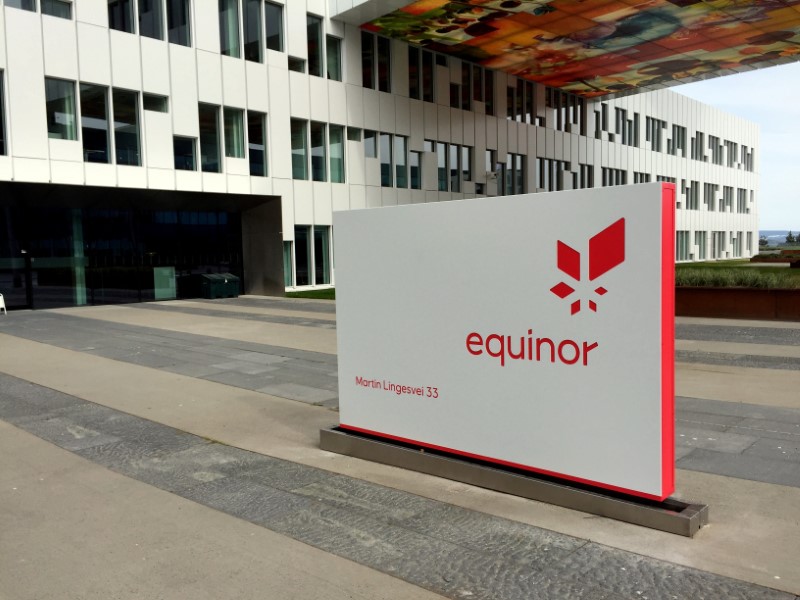(Bloomberg) -- Equinor ASA (NYSE:EQNR) reported a surprise profit in the second quarter, helped by trading gains and a tax change designed to get the Norwegian oil industry through the Covid-19 crisis.
The state-controlled producer is the first big oil company to report results for a quarter that was set to be the most painful yet for the industry since the global pandemic destroyed demand earlier this year. Crude prices fell to the lowest levels in almost 20 years in April before a gradual recovery thanks to production cuts led by OPEC and Russia.
The Stavanger-based company reported an adjusted net profit of $646 million, down from a $1.13 billion profit a year ago but well ahead of the expected loss of $250.1 million in a Bloomberg survey. The marketing division delivered a record high result in the quarter, the company said.
“Our financial results for the second quarter were impacted by very low realised oil and gas prices due to the Covid-19 pandemic, but also by a strong trading performance in volatile markets,” Chief Executive Officer Eldar Saetre said in a statement. “We now see a gradual reopening of society in some parts of the world, while other regions are still heavily impacted by the pandemic.”
Rivals Royal Dutch Shell (LON:RDSa) Plc, BP Plc and Eni SpA have flagged huge writedowns in their upcoming quarterly reports, but Equinor only impaired the value of assets by a net $374 million, as it maintained its long-term oil-price assumptions.
The company earlier this year slashed spending plans for 2020 and became the first oil major to reduce its dividend in response to the coronavirus pandemic. Equinor will maintain its dividend at 9 cents a share for the second quarter, two thirds lower than the level seen at the beginning of the year.
Equinor’s production was 2.011 million barrels of oil equivalent a day during the quarter, compared with a forecast of 2.053 million, according to the average of three estimates. That’s stable from a year ago.
Equinor in May abandoned its previous forecast for a 7% increase in production this year due to market uncertainty and mandatory output cuts in Norway and elsewhere. It’s maintained it’s long-term growth ambitions.
